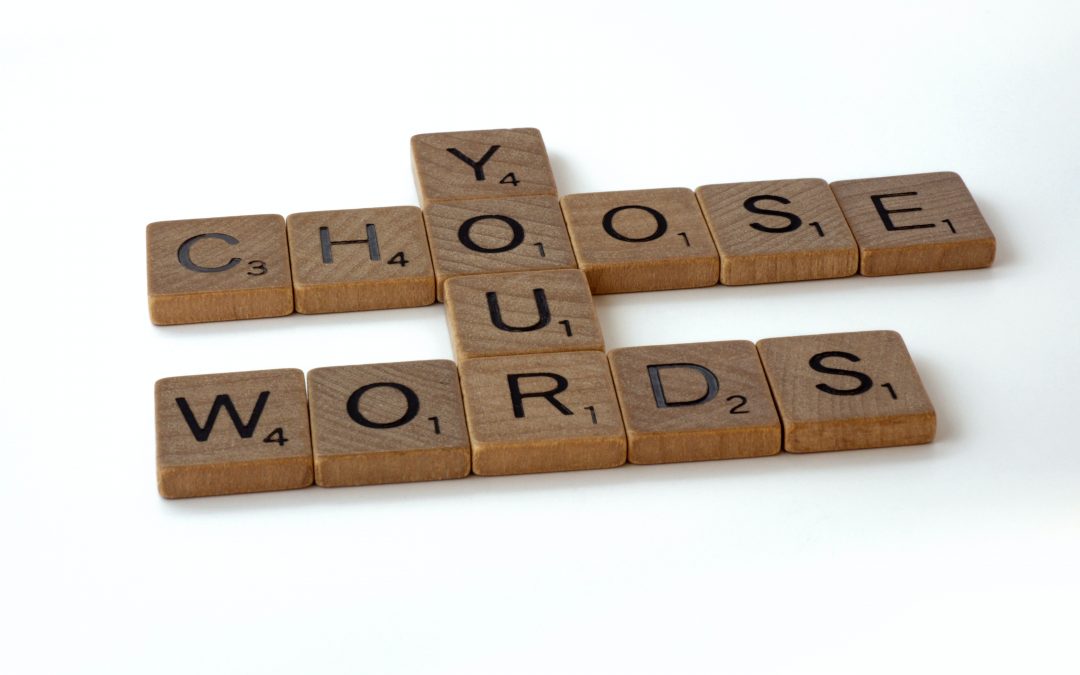“You shouldn’t need to say ‘I swear’. If you’re a truthful person, then it’s enough to say what you mean and leave it at that. It’s better to be honest and careful with the words you choose, and then people will know they can trust what you say.”
As I said these words to my son I was struck by two different thoughts. First, this will be a lifelong challenge for him, as it is for all of us. In navigating the politics of playground, family, church, workplace, other commitments, and the wider community we should be mindful of what we say, how we say it, and how we model it.
For several years I’ve volunteered on the helpline of a national patient safety charity. Callers usually want to find out what went wrong with their medical treatment or, in tragic cases, that of their loved one, and have been unable to get satisfactory answers. We consider complaints processes, discuss the risks and benefits of litigation, and, occasionally, talk about duty of candour communication they’ve received from their healthcare provider.
All registered healthcare professionals have a responsibility to speak up when things go wrong, known as their professional duty of candour. This obliges each individual to report incidents and concerns to their organisation or to their professional regulator, to participate fully in investigations, and to be open and honest with patients/service users when things go wrong.
Healthcare organisations in Scotland and England have a statutory duty of candour, and Wales will implement one soon. This requires the organisations themselves to investigate when something has gone wrong. They must apologise to, and share their investigative findings with, the individual or family who have been, or may be, harmed.
Here in Northern Ireland work is ongoing to develop the law in this area and I’ve been watching with interest. It is enormously important that people get truthful answers and full explanations when things go wrong, and it helps to share that learning to prevent the same thing happening again. However, it strikes me as sad that it is necessary to legislate for honesty, and I struggle to see how a culture of openness can truly flourish this way.
Communication without candour is often not a conscious decision – it might arise from being uncomfortable with speaking or hearing the truth. It’s not only about owning up to a mistake. It’s the manager who doesn’t know how to offer constructive advice when required, but shocks you with criticism at your annual review. It’s the person who disassociates themselves from a friend who’s making bad choices rather than asking them what’s going on, and leaving them to face their difficulties alone. It’s the church which preaches about living God’s way, but doesn’t address problems in its own congregation. It’s probably something we can identify in our own experience at one time or another.
In 1 Samuel 17 David visited the Israelite camp to find the Israelite army running from the Philistines when Goliath stomped out to taunt them. But David didn’t run. He asked the Israelite soldiers, “Who is this pagan Philistine anyway, that he is allowed to defy the armies of the living God?” Here is the young shepherd, posing the question that no one else did, and pointing out the mistake the King and his army were making in being overwhelmed by fear. We all know what happens next, but take a moment to read what David actually says to Goliath first, in verses 45-47, it was breathtakingly brave!
So this is where the daily challenge lies, conscious candour in our communication, however scary or difficult it may seem. It’s not a call to go round censuring or insulting people, although there will be times when measured inquiry or holding others to account is appropriate. It’s a call to recognise that the words we use give insight to our character, and will have an impact on those around us.
Do we say something when we see a person or group being wronged? Will we encourage someone when we’ve seen them quietly making a difference in another person’s life? Are we brave enough to challenge a bad decision? Will we speak up when we make a mistake?
A culture of honesty cannot be imposed by statute, it must be nurtured to develop as a corporate practice. I wonder whether, if we work at practising open and honest communication wisely in all aspects of our lives, we can be the catalyst for change.
The second thought? I have turned into my parents.
Sarah Sellars is a member of Lisburn Cathedral. She’s a medical negligence solicitor and is also involved in communications and training for professionals.
Please note that the statements and views expressed in this article are those of the author and do not necessarily represent those of Contemporary Christianity.


This is SUCH a difficult thing for us… and in a (nearly) post-conflict society we still have a cultural legacy of mistrust of authorities and of secrecy and loyalty to ‘our’ side, which might make it particularly difficult for us to give and receive criticism and truthful insights constructively. Fear of consequences is the enemy of candour.